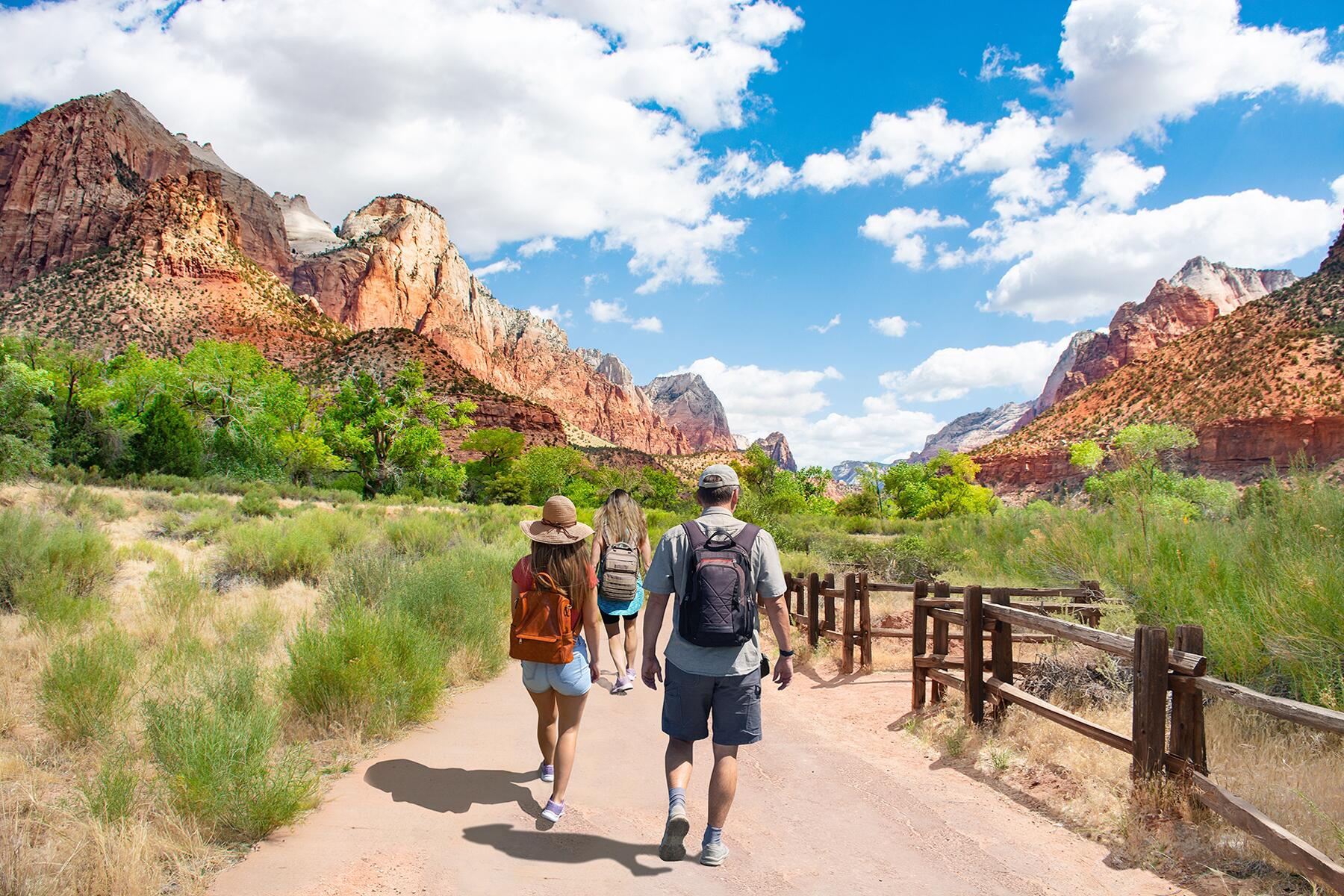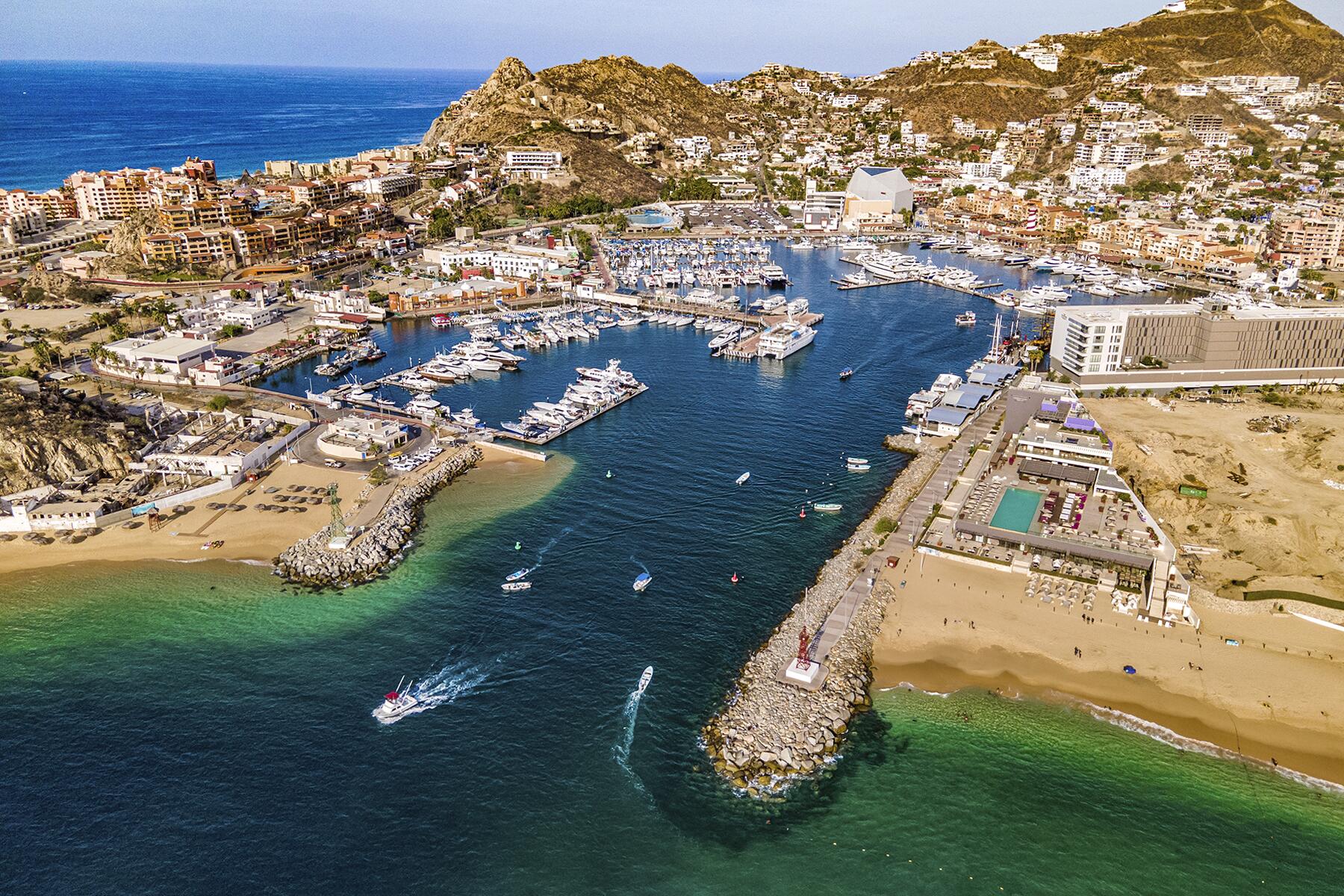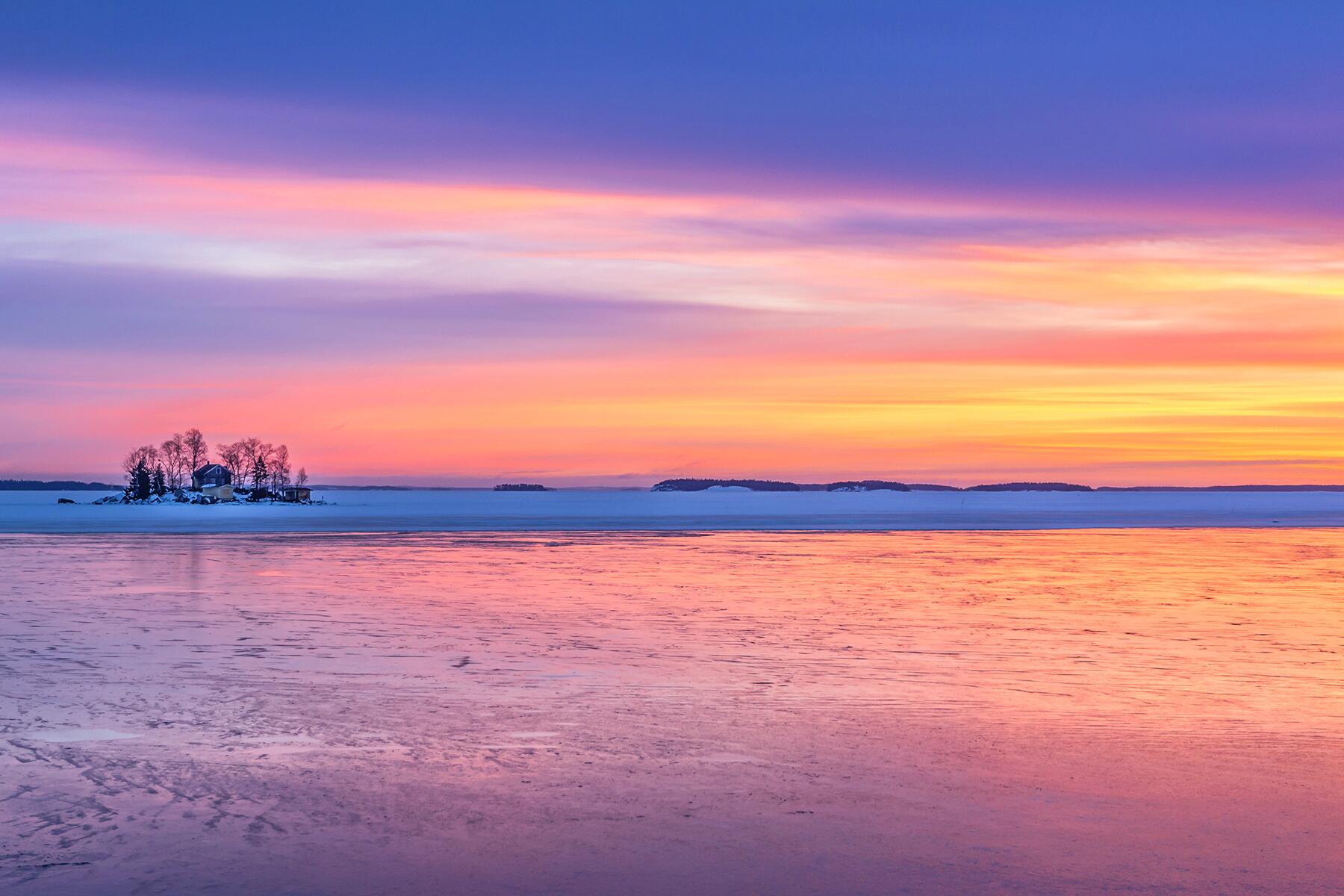-resized-lead.jpg)
Visitors to South Africa are frequently amazed by the country's sophisticated infrastructure, ultra-luxurious lodges, five-star cuisine, and stunning roads that put pockets of the U.S.'s northeast corridor to shame. Though the artful protea arrangements and elegant high teas are indeed authentic, adventurous travelers yearning for something a bit more should look east. Located on the Indian Ocean, the Wild Coast is 155 miles of sea-carved cliffs, undulating hills dotted with small villages, and countless rivers flowing into a thunderous sea. Accessed mostly by dirt roads, this peaceful corner of rural South Africa is a world away from Cape Town, and well worth the detour.
Coastal Wilderness

As its moniker would suggest, the Wild Coast is all about natural splendor—stunning ocean views, endless rivers flowing into glassy lagoons, towering Gaudi-esque cliffs, and miles of tide-pool strewn beaches, empty but for a few fishermen and the local cows. From June to July, the turquoise seas churn white with the feeding frenzy that follows the region's annual sardine run. The sheer mass of this migration (millions of pilchards head to warmer Mozambique) is said to rival that of East Africa's wildebeest spectacle. And where there are little fish, the big ones aren't far behind. Schools of predatory game fish, massive dolphin pods, and sharks chase the swirling silver “bait balls,” while seabirds dive-bomb to get their share. If that's not enough incentive, this time of year is also whale season. Get close to the action with Offshore Africa's snorkeling and diving boat trips.
Recommended Fodor’s Video
Surf and Sport
-2-resiezd.jpg)
Epic waves (Mdumbi Bay, Hole in the Wall and Coffee Bay are all favorite surf spots) and relatively temperate waters make this coastline ideal for all things aquatic. Opportunities for fishermen—shore, boat angling, and fly-fishing—abound, just be sure to get a permit. Think of the ocean more as resource than sport? A bounty of seafood, from crayfish to mussels, oysters and fish, will be among the freshest you've ever tasted. In remote areas, you'll often see local woman carting baskets of shellfish plucked from the rocks that morning for sale. Rather skip the shucking and scaling? The catch of the day at local lodges and restaurants is as authentic as it gets.
Walk This Way
-resized-3.jpg)
Ranking as one of the world's great coastal hiking areas, the Wild Coast offers everything from lazy strolls to multi-day backpacking trips. A place where footpaths far outnumber paved roads, the entire coast is a haven for adventurous hikers. June to August is the best time of year to enjoy overnight routes, like the highly recommended five-day journey from Port St. Johns to Coffee Bay. Hiring a local guide, like Albert Nogwina from Wild Side Hiking, will greatly enhance what is likely to be a top South African experience. The very reasonable trip rate includes nightly village accommodations and meals plus spectacular wildlife and nature viewings along the way.
Cultural Immersion
-4-resized.jpg)
One of the best places in South Africa to get a taste of traditional Xhosa life (the country's second largest ethnic group), the Wild Coast sits at the farthest edge of the former Transkei, one of the “homelands” created under apartheid. Having joined the Eastern Cape, the area, birthplace of Nelson Mandela, is still very rural today. The local hospitality is legendary; be sure to head to Bulungula Lodge, known for its superbly collaborative and eco-friendly partnership with neighboring Nqileni Village. Here you can fish with locals, hike with the traditional herbalist, or meet a village elder who will tell you everything you want to know about the area's storied history.
Affordable Accommodations
-resized-5.jpg)
What the area lacks in thread counts and air-con it more than makes up for in starry skies, warm hospitality, and amazing value. The area is mostly known as a backpackers' zone, and two of the best options for accomodations are the aforementioned Bulungula and, located a few hours north, Mdumbi Backpackers. Both are spacious, housed in traditional Xhosa-style rondavels, and Bulungula also features luxury sea-view safari tents. You won't go hungry with the hearty fare dished up at their respective restaurants. A bit further north is the small (just shy of 2,000 acres), but gorgeous marine protected area, Hluleka Nature Reserve. Wake to the sound of birds in one of Hluleka's stylish, self-catering chalets, all of which afford heavenly views of the sea and surrounding indigenous forest, and regular visits from the resident Burchell's zebra.


